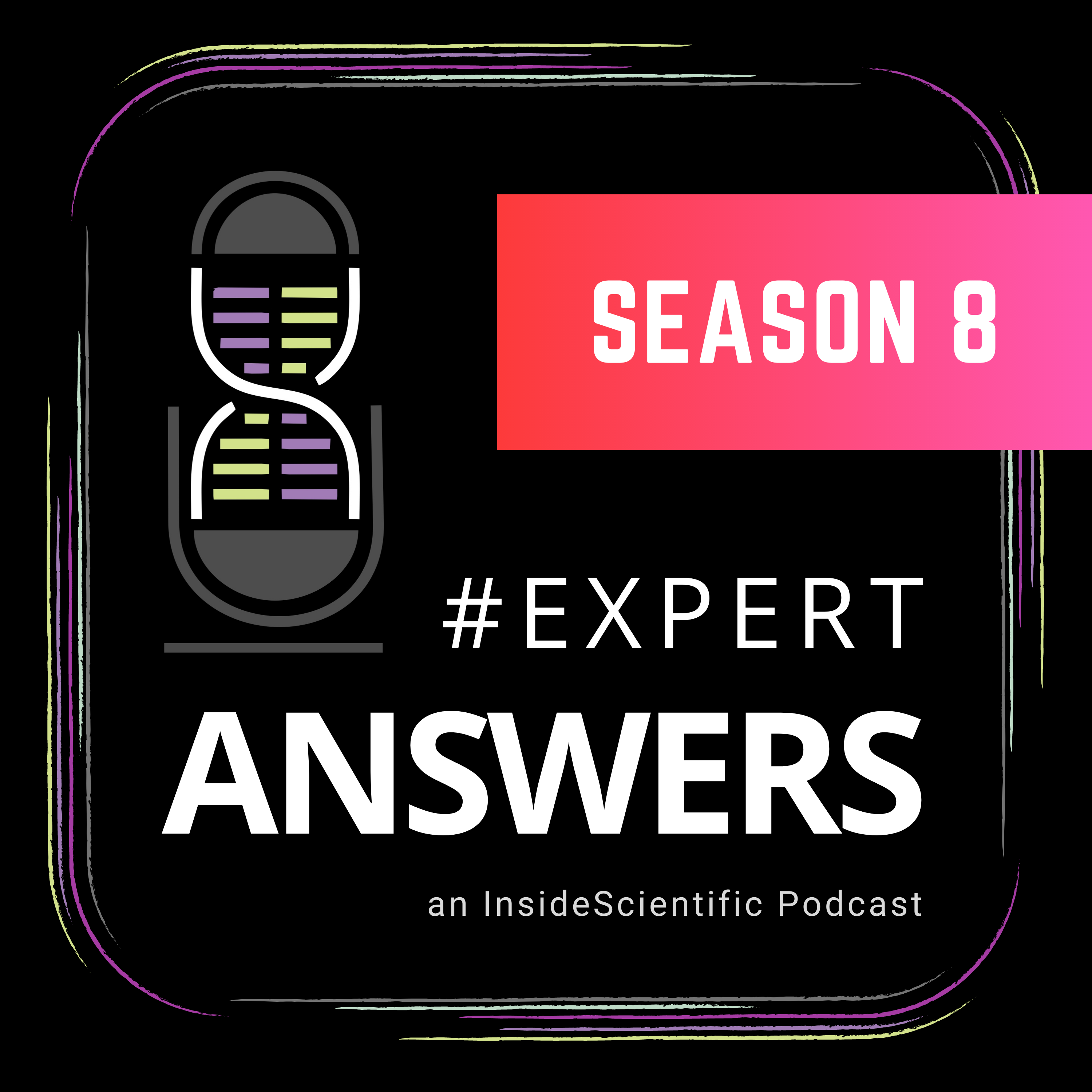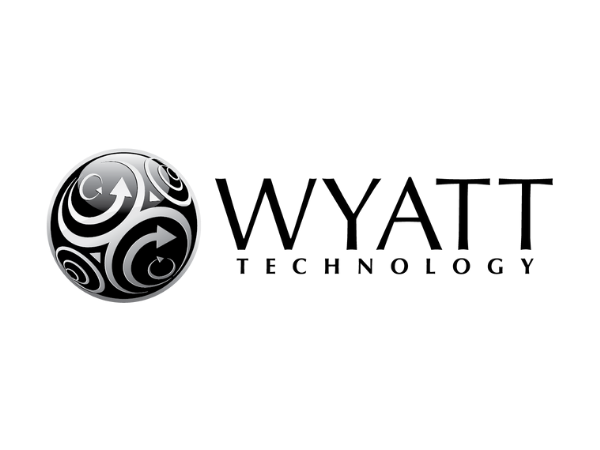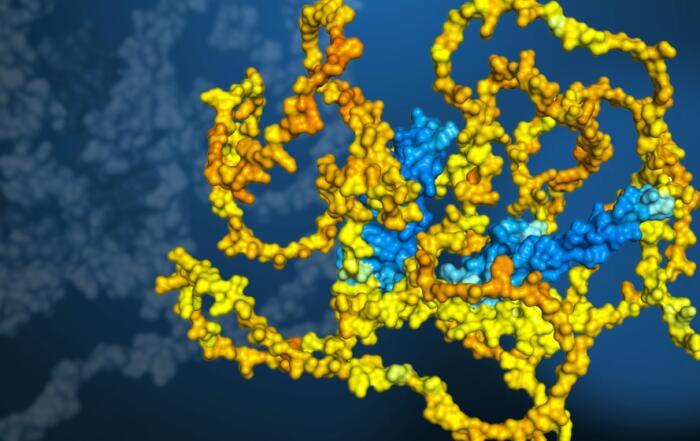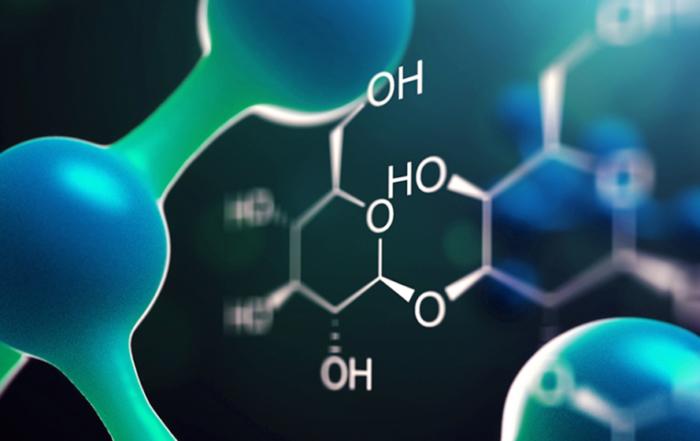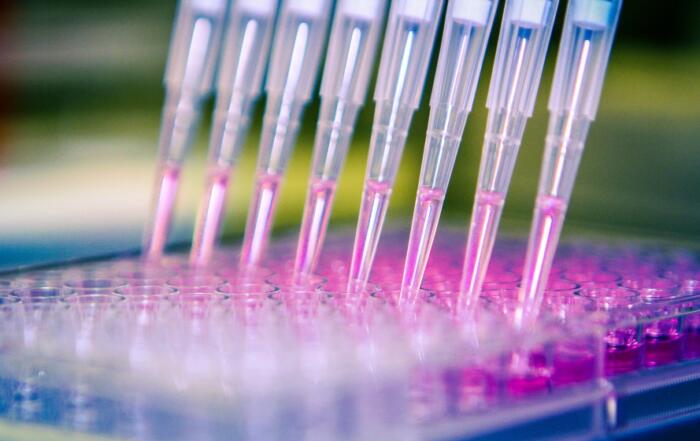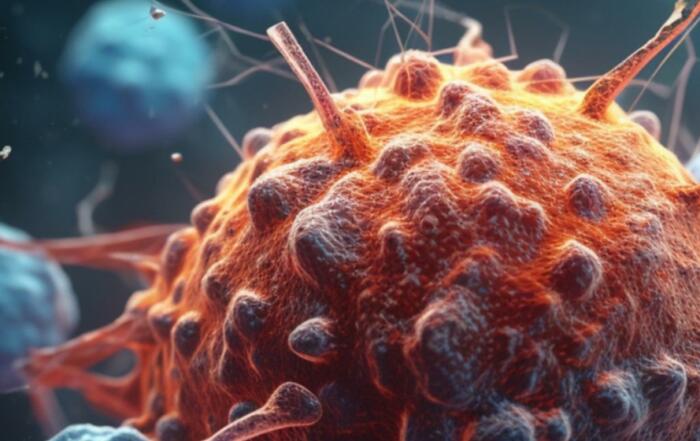Dr. Luke Holloway reviews light scattering-based methods for protein characterization and explains their utility, when combined with partially denaturing buffers, in understanding aggregation propensity of monoclonal antibodies.
Determining the developability of candidate molecules and optimizing formulations require rapid assessment of biophysical characteristics using accelerated stressors to represent normal storage conditions. Thermal stress, assuming the Arrhenius relationship between temperature and degradation rate (which has been successfully used for small molecule development), is the most common approach. Unfortunately, this relationship is not straightforward for biological molecules, so alternative approaches, such as using denaturants to accelerate non-native interactions, could prove beneficial.
Static and dynamic light scattering are invaluable tools for quantifying protein-protein interactions and aggregation phenomena. This webinar reviews light scattering-based methods for protein characterization and explains their utility, when combined with partially denaturing buffers, in understanding aggregation propensity of monoclonal antibodies (mAbs).
Key Topics Include:
- How to perform accurate measurements of the second osmotic virial coefficient, A2 and translational diffusion coefficient, kD under high co-solvent conditions
- How to measure the preferential interaction parameter Γμ3
- How to perform rapid aggregation assessment of mAbs under denaturing conditions
- How to measure protein-protein interactions under denaturing conditions
Who Should Attend?
- Researchers in the field of biopharmaceutical liquid formulation development
- Scientists involved in discovery, optimization and analytical characterization of novel biotherapeutics
- Managers in biopharmaceutical R&D labs seeking automated means and shortened timelines for identifying developable candidates and stable formulations
Resources
Presenters
Field Application Scientist
Wyatt Technology
